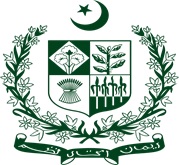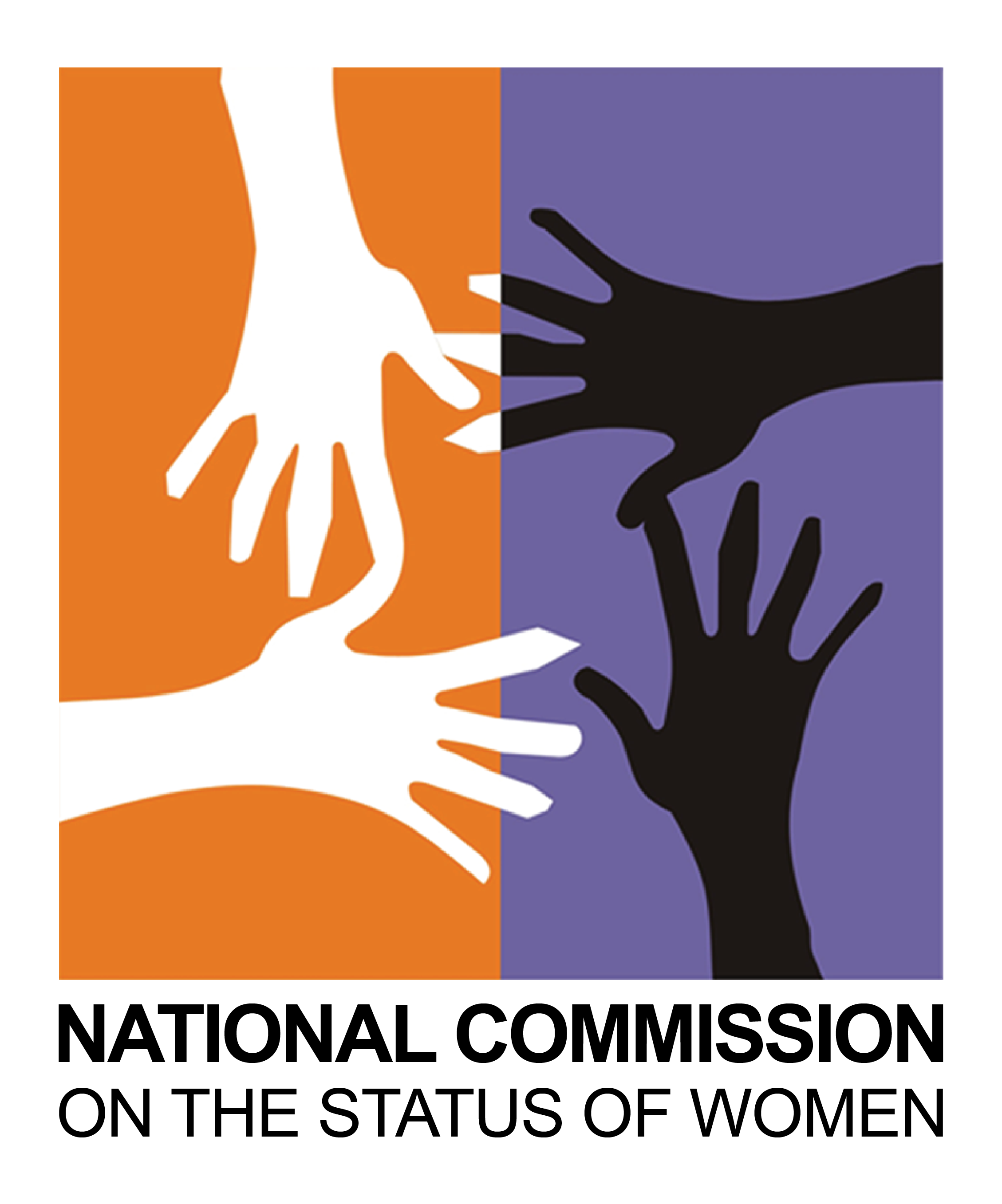National Gender Data Portal Launch
National Gender Data Portal Launch - 9th December 2021
The National Gender Portal, a flagship programme of NCSW and UN Women to collect data on gender statistics, is officially launched by Pakistan's President.
Dr. Arif Alvi, President of the Islamic Republic of Pakistan, today inaugurated the 'National Gender Data Portal,' a groundbreaking digital platform developed by UN Women and the National Commission on the Status of Women (NSCW) to collect gender statistics, in the Presidency. This is the first digital platform to serve as a one-stop shop for high-quality data and evidence from across the country on more than 400 qualitative and quantitative indicators across ten themes, including demographics, education, health, economic empowerment, violence against women, access to justice, elections and political participation, disabilities, poverty, social protection, and emergency response.
Through programmes like Ehsaas and the Benazir Income Support Program, Pakistan has made considerable progress in strengthening its social safety net and reaching out to underprivileged communities, notably women and girls. However, this development has not been reflected in statistics used by global indices, and Pakistan appears to be underperforming on gender-related measures globally. Through reliable and complete data as well as identifying areas of excellence, the NGDP will give a counter-narrative to such depictions, painting a more true image of the situation on the ground. As a result of this data gathering and analysis, government institutions and other stakeholders will be able to make the best evidence-based policy decisions possible, focusing on the areas where the greatest need exists. Finally, the NGDP will make it easier to report on Pakistan's international gender commitments, such as CEDAW and the SDGs.
The President of Pakistan praised the efforts and expressed the hope that bridging data gaps at the national level would inform stakeholders about the problems facing the gender equality agenda on the ground as well as highlight Pakistan's successes. "Data is critical because it informs the types of interventions that must be carried out. I appreciate the international community's and other lawmakers' presence at this crucial event."
This dynamic digital platform for collecting gender statistics and compiling a knowledge hub of global, national, and regional resources on gender equality and women's empowerment was developed following an idea envisioned at the 14th Inter-Provincial Ministerial Group Meeting in October 2019, followed by two years of unrelenting efforts and productive consultations with provincial, national, and international stakeholders and experts.
During her speech, Ms. Nilofar Bakhtiar stressed the need of having gender statistics unified on a single platform. She also brought attention to the amount of projects that were carried out throughout this year's 16 days of activism.
Mr. Julien Harneis, United Nations Resident Coordinator in Pakistan, stated that the Sustainable Development Goals (SDGs) are a historic global agreement to achieve gender equality by 2030, which can only be accomplished with appropriate, gender-sensitive data. "Data availability is critical for driving social change that will trickle down to the provinces to improve conditions on the ground."
"With so many parallel reporting international structures and overlapping obligations, it is important to develop a reporting mechanism amongst various federal and provincial stakeholders, based on data collection and correlation," said Nabeel Munir, Additional Secretary (UN & ED), Ministry of Foreign Affairs. In this aspect, the NGDP would aid in greater coordination."
After the initial data entry from current sources, the NGDP was finished and beta-tested as of November 2021. Each province's Women Development Department has designated and trained focal individuals to examine and enter provincial data that will be compiled nationwide through the NGDP. NCSW and UN Women are working on a National Report on the Status of Women in Pakistan, which will be completed in early 2022, based on the initial data entry in the NGDP.

